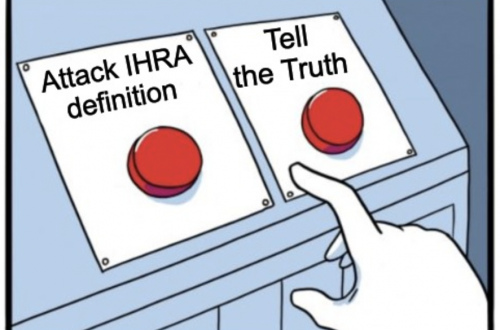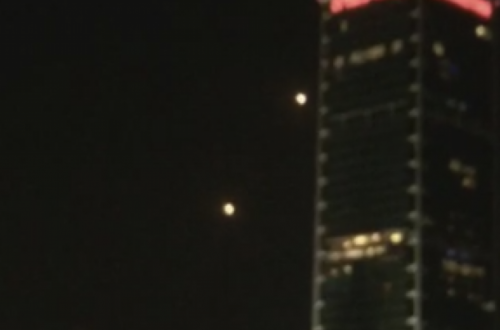The Guardian regards itself as a doughty fighter against Islamophobia, wherever it may be found.
Indeed, back in October 2011, the paper’s far Left “roving foreign correspondent”, Jonathan Steele, took it on himself to lay into those horrid Islamophobic Tunisians:
While several smaller secular parties tried to manipulate Islamophobia – a relatively easy card to play given the official state-controlled media’s demonisation of the Islamists over several decades – their efforts have failed.
Yesterday, Steele introduced us to a new concept – “Mugabe-phobia“:
Elections will be held in Zimbabwe later this year, leading with grim predictability to another bout of Mugabe-phobia in the British media.
Steele goes on to predict that elections will be “marked by violence” – whose violence, we are not told, although there is a mention of the concern of “civil organisations” about some “assault on human rights activists and journalists”. Again, who is doing the assaulting is not mentioned. But that’s not Steele’s main subject.
Rather, he wants us to consider this:
As passions risk becoming inflamed again and the old battle positions resume in Britain’s media as well as Zimbabwe’s, the danger is that long-term trends get overlooked. Good news has just emerged from Britain’s last former African colony that shows that the land occupations and evictions of white farmers by angry veterans of the liberation struggle that was the big Zimbabwe story of a decade ago did not destroy the country’s agriculture, as so often claimed. Far from it, production is now back to the levels of the late 1990s and more land is under cultivation than was worked by white farmers.
Steele’s article goes on to praise a book by an Open University lecturer, Joseph Hanlon, and some of his friends, which makes this argument.
Really, I don’t know why those on the far Left are so upset by the prospect of the demise of the Socialist Workers Party and its scrappy and obnoxious paper. The Guardian is more than ready to step into that breach.


